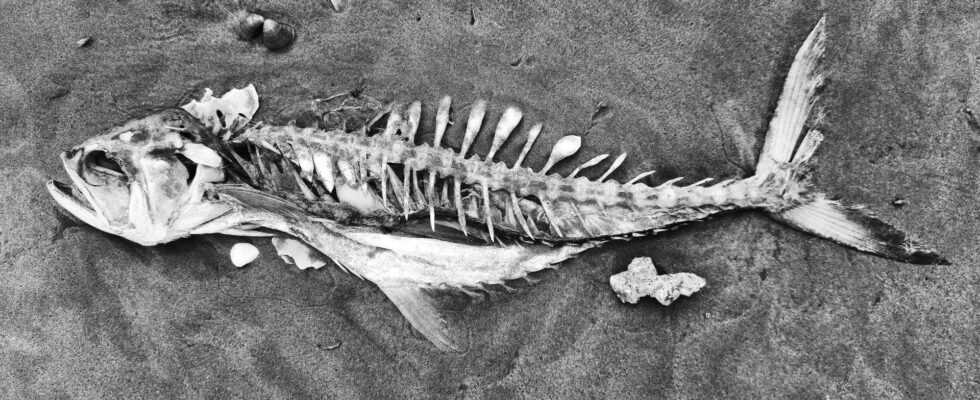Climate change has long since arrived in the oceans: even if warming is progressing more slowly than on land, the waters are also gradually heating up and heat-tolerant species are spreading at the expense of cold-loving sea creatures migrating towards the polar regions or into deeper water. This trend will intensify over the next few decades and, in extreme cases, could lead to a serious mass extinction in the oceans, suggests a model presented in Science by Justin Penn and Curtis Deutsch from Washington University in Seattle.
For the species, not only the pure warming and the increasing acidification through absorbed carbon dioxide become a problem, but also the lack of oxygen associated with the warming. The oceans already contain around two percent less oxygen than half a century ago, since its solubility decreases with rising temperatures. Deutsch and Penn therefore simulated when species could become extinct because they could no longer find a suitable habitat – for example when the oxygen content falls below certain critical thresholds.
They calibrated their model with data from past mass extinctions, such as at the end of the Permian. Back then, 250 million years ago, up to 96 percent of all marine organisms died out when the marine carbon cycle went out of sync. On the other hand, other negative influencing factors such as overfishing, destroyed reefs due to coral bleaching or environmental pollution were not taken into account. The latter could even increase the lack of oxygen due to regular algal blooms.
According to the model, at least four percent of all species disappear at just two degrees Celsius warming due to the lack of oxygen alone. Under more extreme scenarios, such as six degrees Celsius, the Earth loses more than a tenth of its marine life, with the loss accelerating as it heats up. Pessimistic forecasts on climate change are currently assuming a warming of up to around five degrees Celsius by 2100.
